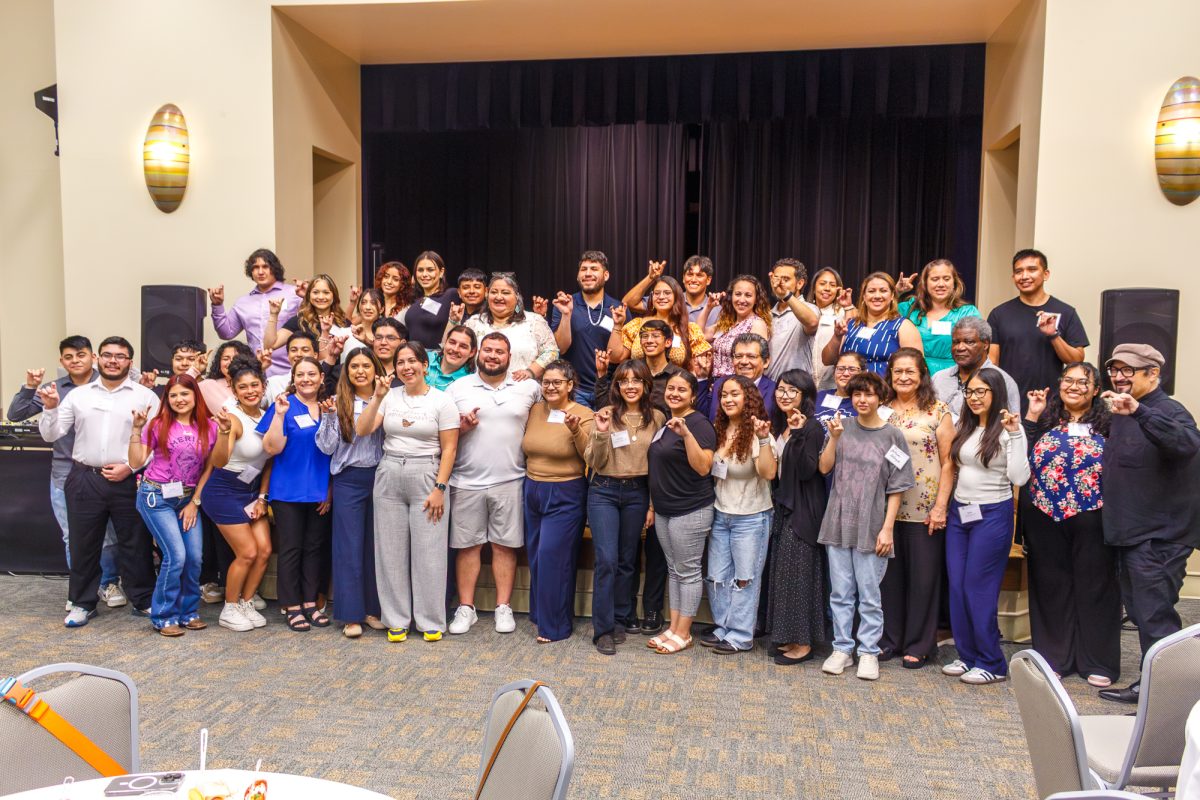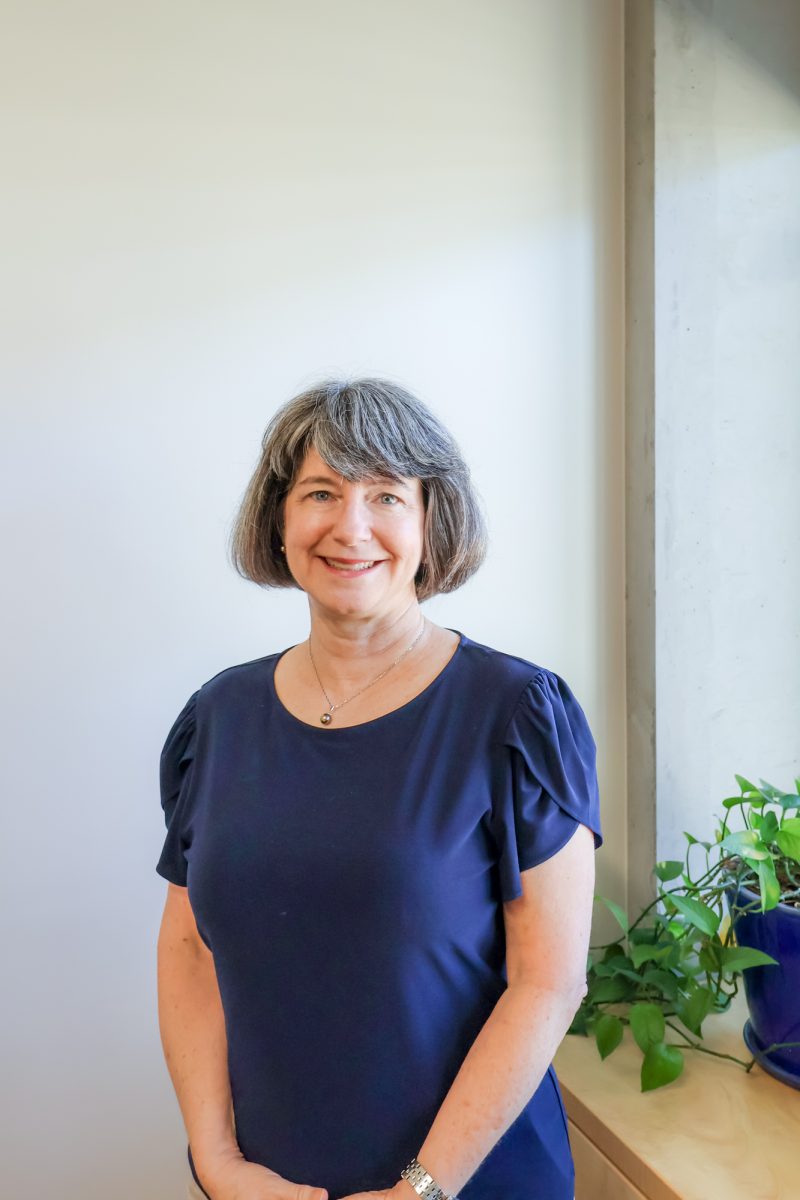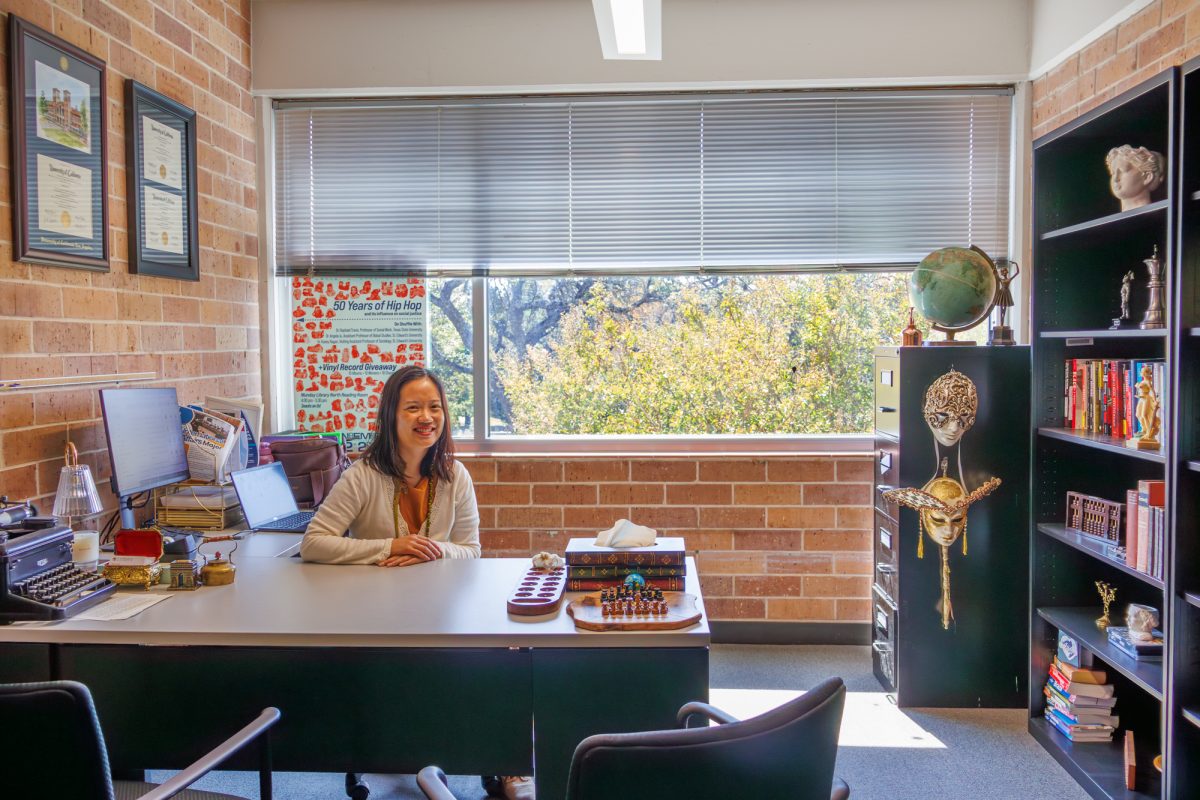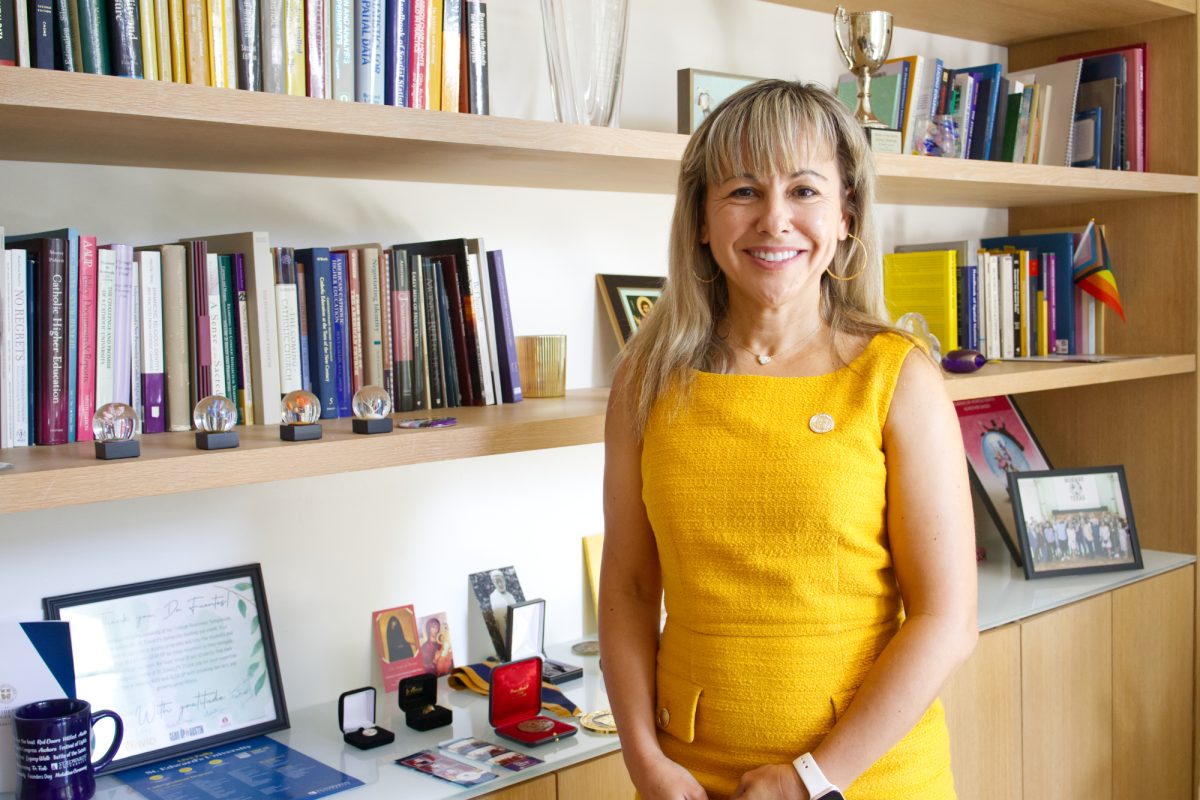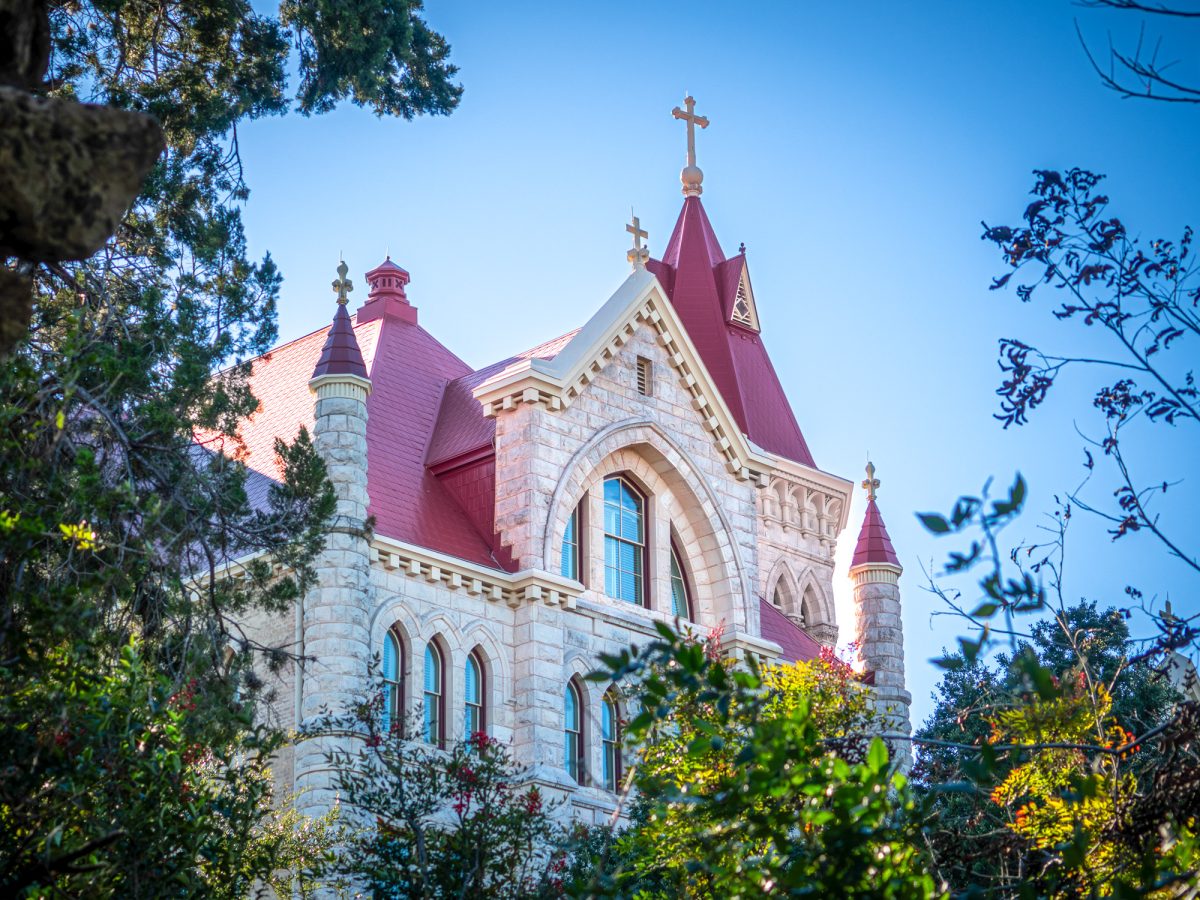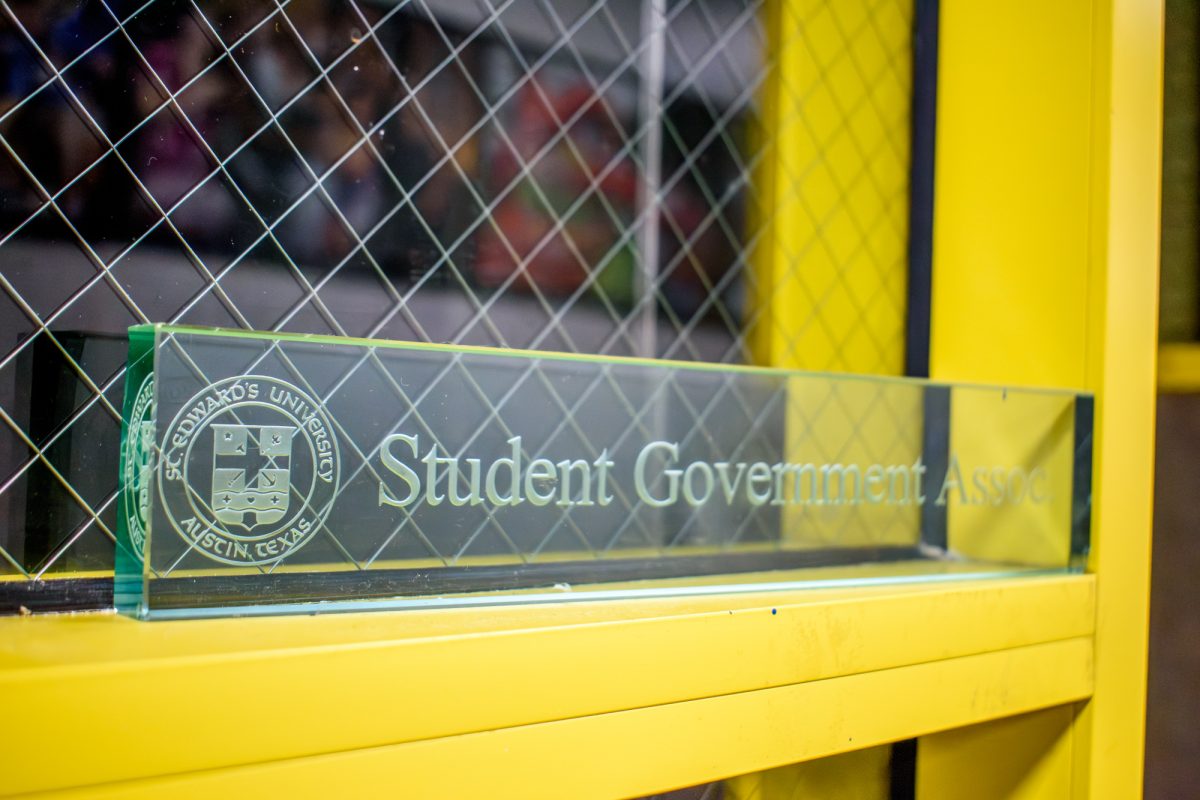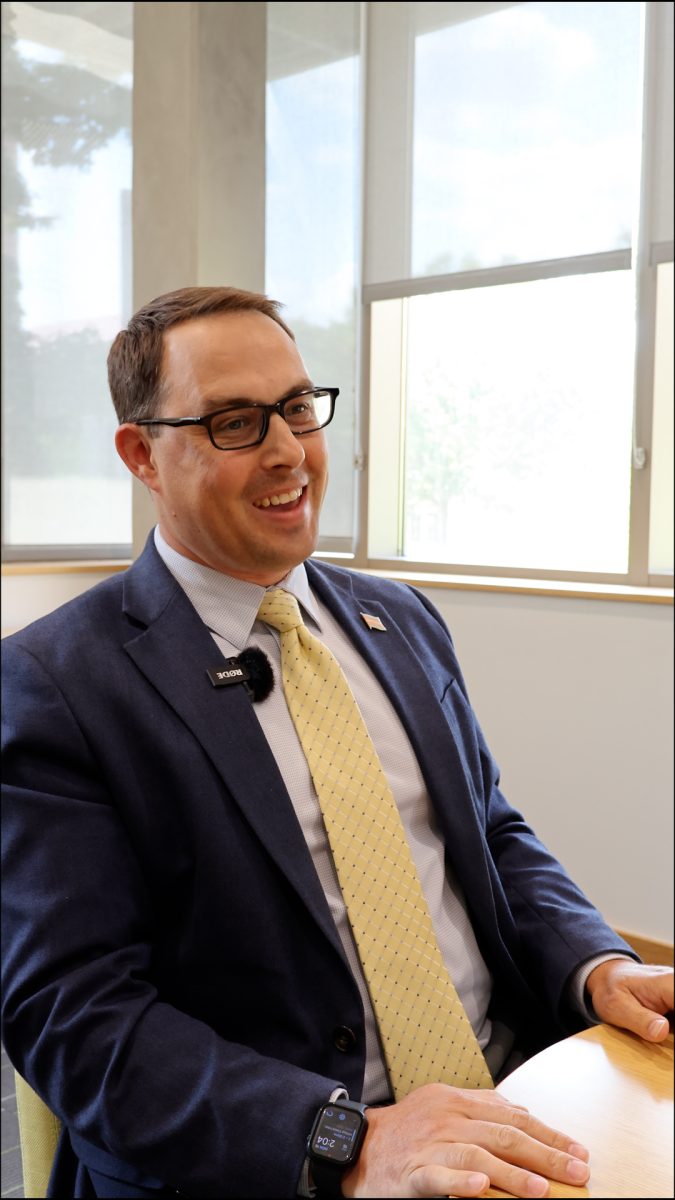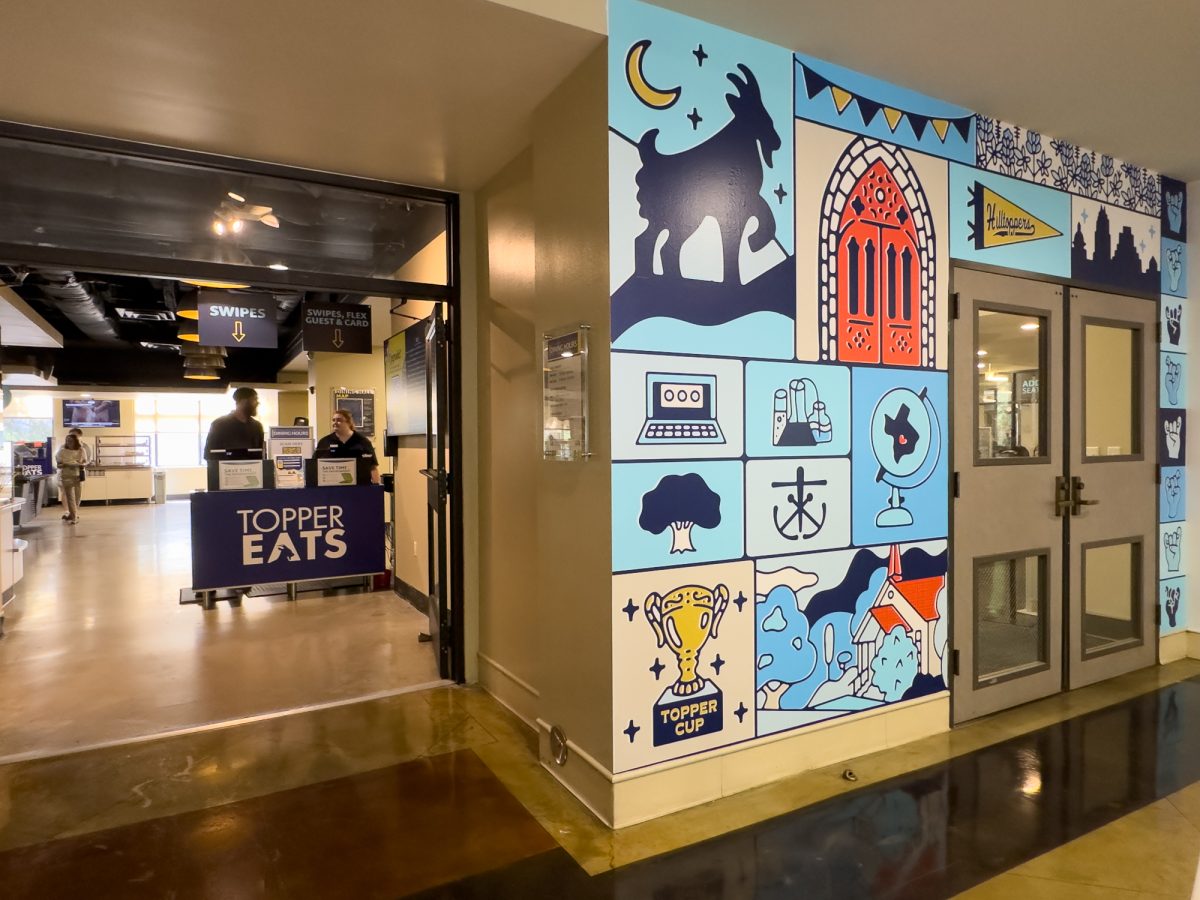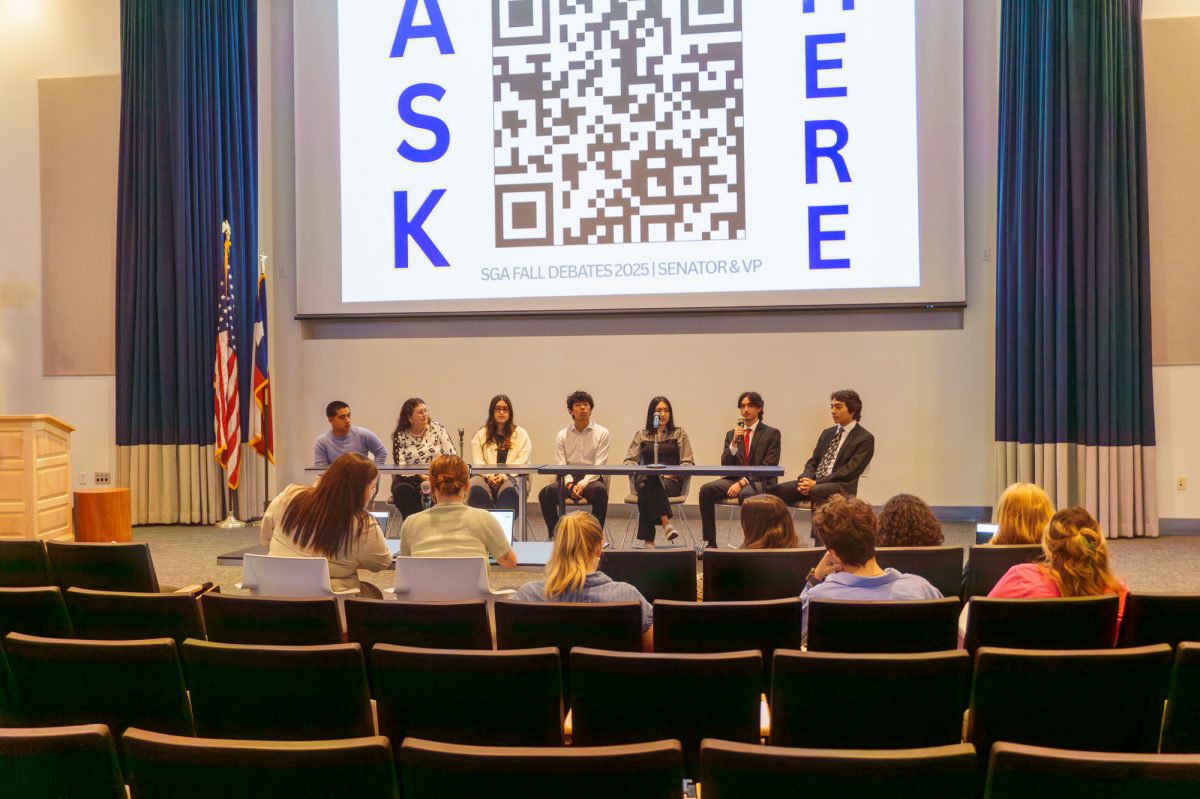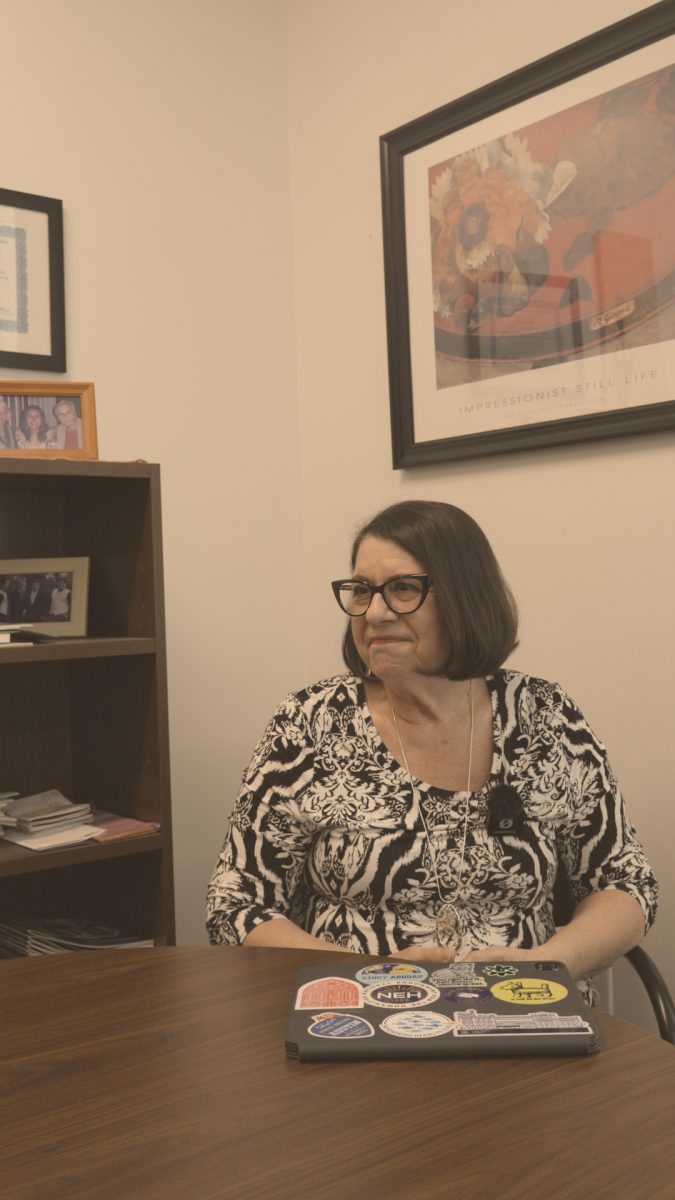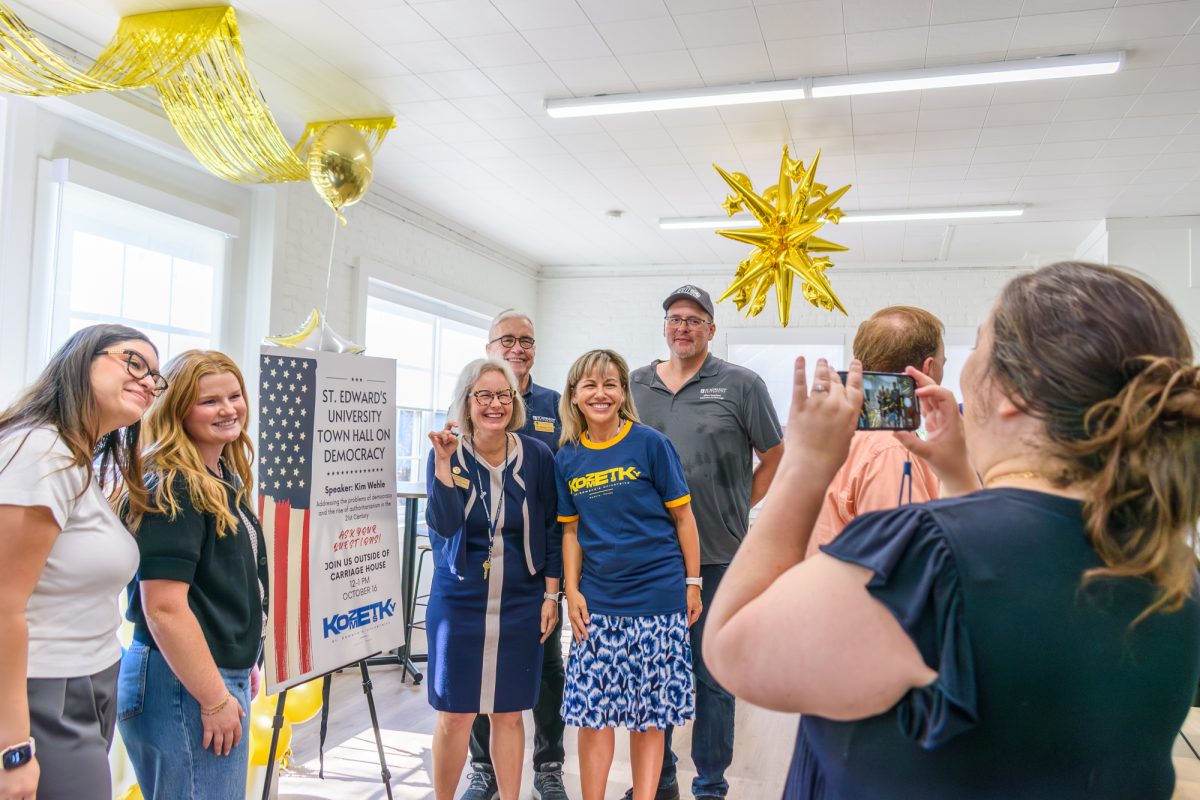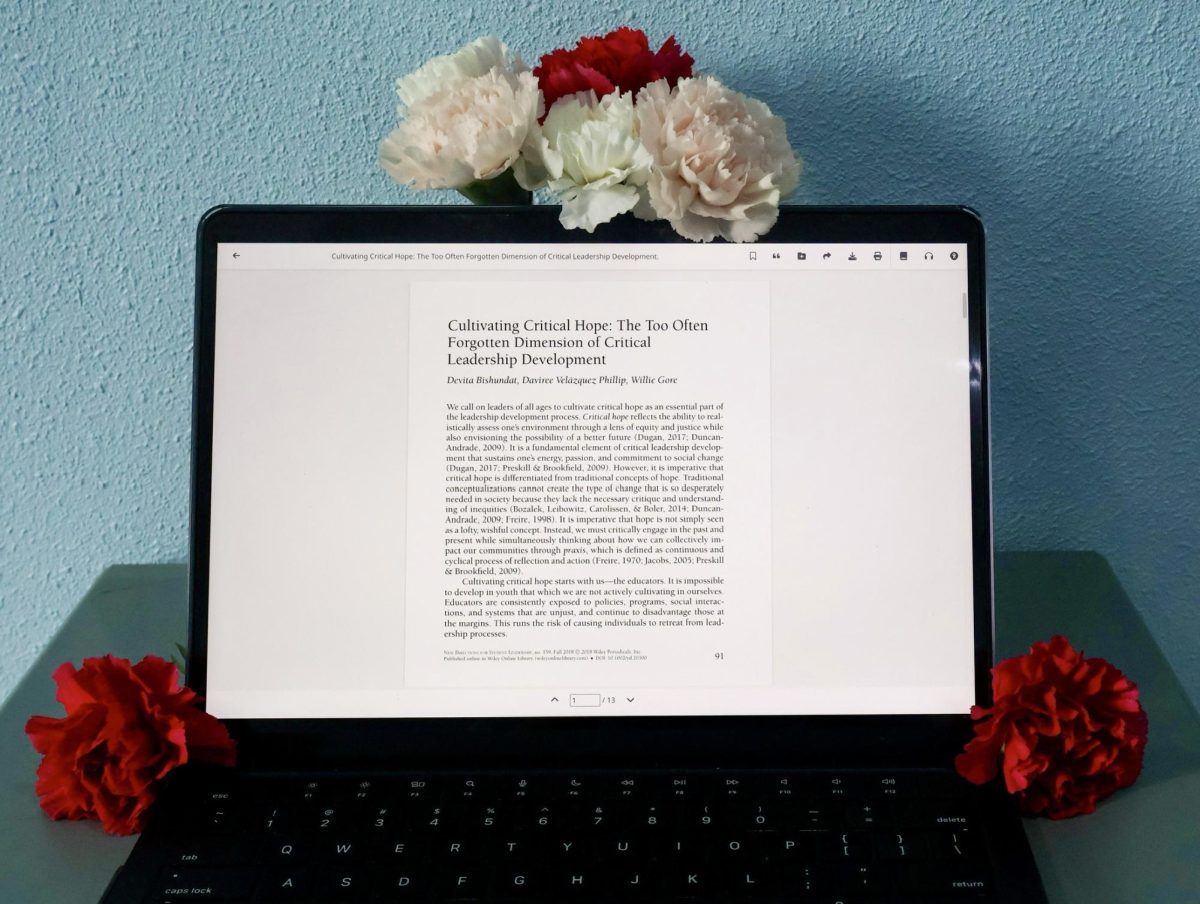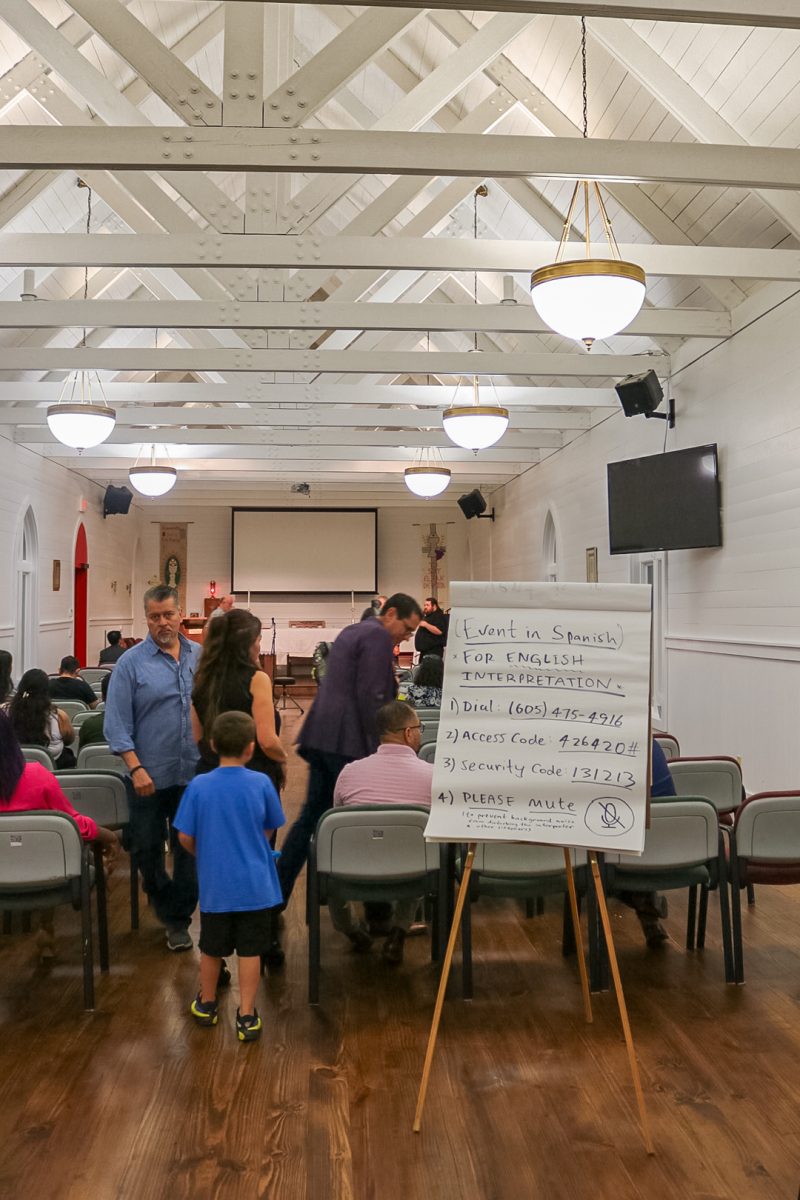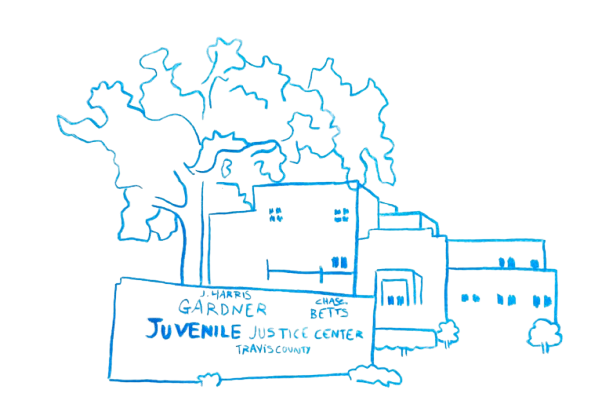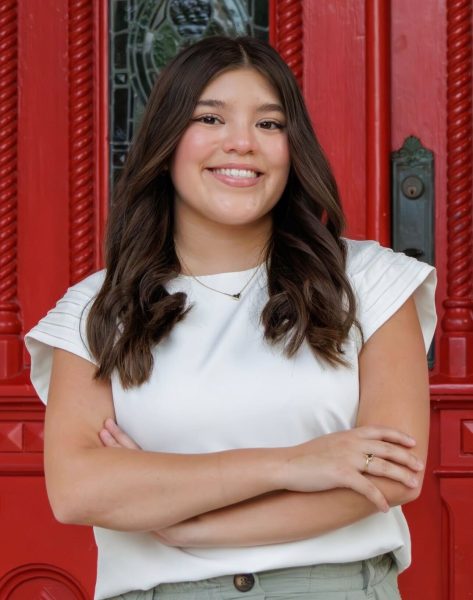The journey of transitioning into higher education can be a challenging one for many students, but the changes and shift in environment can be significantly daunting for incoming migrant students. Because university education and collegiate living can look different for migrant students, the St. Edward’s University College Assistance Migrant Program has continuously tailored itself to ensure the quality of learning and the success of CAMP students during their time on the hilltop.
With the university’s program founded in 1972, St. Edward’s has had the longest-running CAMP program, having served nearly 3,000 students in 53 years and is the only CAMP program in the country that grants full tuition that covers all four years for its students. Though the program evolves to provide and adapt to the needs of students in each incoming class, CAMP director Sonia Briseno, a former CAMP graduate of the class of ‘98, explains how there are struggles that past and present CAMP students alike have faced.
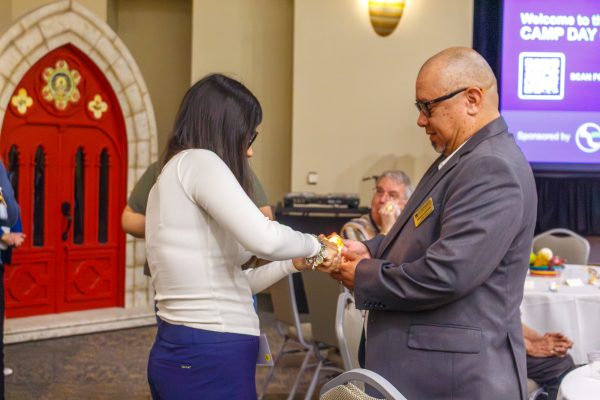
“We have evolved, and we didn’t have to worry about having to have a laptop or having to have a phone,” Briseno said. “But a lot of the same struggles that we faced back in the mid-to-late nineties — many of our students still face that duality or that struggle of becoming an academic scholar, and feeling that guilt of not being able to go work with your family and help with your family’s income.”
According to Briseno, the internal struggles that CAMP students have faced are very broad, ranging from feelings of uncertainty about moving to a new place, to the guilt of leaving their families, imposter syndrome in a higher education setting and familial clashes for wanting to pursue a college degree, to name a few. Briseno explains how some of these struggles may be difficult to speak up about, can easily be suppressed and are often overlooked.
“There is that stigma — they’ve never sought mental health help, and they might feel like they don’t need it or they don’t want to talk to anyone about whatever they’re feeling,” Briseno said. “Our most common themes are anxiety and depression, and all that has to do with just them being in a different setting, them being away from family, the academic pressure of doing well — all of those factors contribute to them.”
To combat these struggles, students of the program meet with Marina Solis, the designated CAMP mental health counselor. Solis provides regular counseling services through the Health and Counseling Center on campus, but she also heads multiple programs and counseling services that are CAMP-specific. Some of these services include mandatory mental health check-ins for first-year students during their first 30 days on the hilltop, helping with migrant experience support groups and doing monthly themed workshops for CAMP students, at any stage in their college life.
“We cover everything from transitioning to the hilltop — like leaving home, being homesick, adjusting to campus — all the way to relationships, the party scene, social anxiety, how to handle stress and classes, and the student work-life balance,” Solis said.
To ensure continued success and growth of the CAMP program, its leaders seek input and engagement from the students to improve their services and analyze the effectiveness of the programs. Not only does this improve the program, but it can be a beacon to encourage initiatives led by CAMP students.On March 26, a monumental day was documented for CAMP as they celebrated their inaugural CAMP Day celebration. The event gathered families, friends, donors and the St. Edward’s community to honor CAMP students and the contributions of CAMP and its donors. The event served as a community-oriented way to celebrate and acknowledge the hardships and resilience of migrant farmworkers.

The day consisted of four major events: a Coffees y Conchas breakfast social; a ‘Roots of Resilience’ activity where students decorated pots, planted seeds and learned about the history of the United Farmworkers Movement and its continued legacy; followed by the CAMP Day ceremonial dinner with keynote speakers, student-made videos highlighting the importance of the program to them, and honoring donors with a special candle lighting. The day ended with Fiesta En El Cielo, which was a vibrant celebration for the whole community with music, food and refreshments such as carne asada, elote and agua frescas.
This was the first time a day had been dedicated to celebrating the CAMP program, but it marked another important milestone: the celebration was an entirely student-led and organized event. CAMP Day was put into action by six CAMP upperclassmen as a way for them to show their utmost appreciation for the program’s efforts and support, and to show the community how CAMP has allowed them to grow. Most importantly, CAMP Day was a testament to the family the program created for these students, which gave them a sense of belonging in the stressful and challenging transitions they faced.
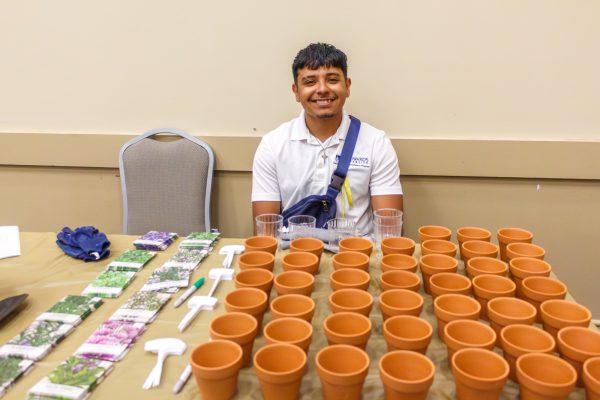
“For us, CAMP is a familia, and ever since the first day we got here, we’ve been greeted with open arms.” CAMP Day director and junior, Justin Trevino, said. “They’ve given us a lot of support throughout our years and have given us a lot of help for students. They help us continue our education and give us as much support as we need, so we wanted to create CAMP Day to give that back to the community.”
The event had a great turnout, highlighting the importance of the program and with its purpose being exemplified through the actions of students. The students are working on the promising continuation of CAMP Day, hopefully making it a program tradition.
“The student planning committee already wants to meet so that they can start planning for next year, hoping that this does become a tradition during National Farm Workers Awareness Week, and it becomes a legacy and one of our signature events on campus.” Briseno said.
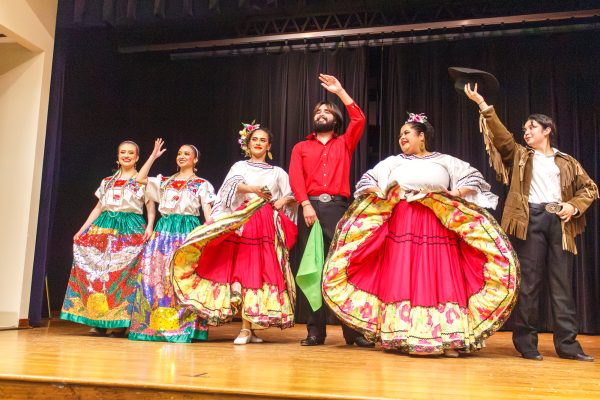
Moving forward for the future of the CAMP program, other student-led programs should serve as a blueprint for upcoming initiatives to show not only what the CAMP program provides, but how such events impact its students and improve their mental and emotional well-being through applying their experiences and having a community to rely on.
“I hope that we continue to have lots of events and CAMP Day as well,” Solis said. “Someday these students will move on and graduate, but there hopefully will be lots of students taking the initiative to keep that going, because we’re right behind them supporting them.”
